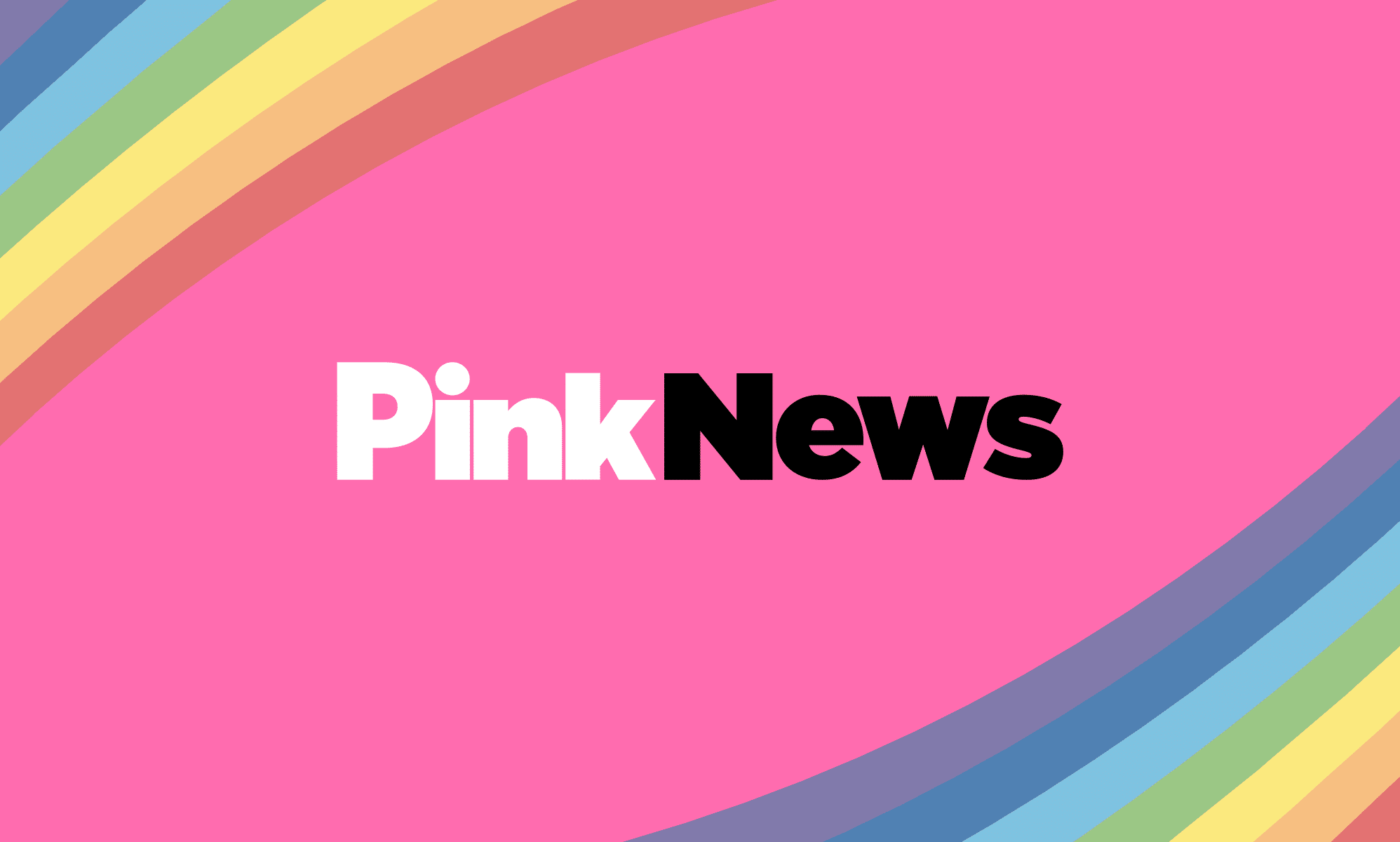Facebook introduces trans-friendly gender options in UK

Facebook has introduced custom gender options in the UK, no longer forcing people to choose between just ‘male’ and ‘female’.

The option, first launched for US users in February, aims to provide more choices for users to express their gender.
The feature initially launched with around 50 pre-selected gender options – including androgynous, bigender, intersex, genderfluid and transsexual – but following user feedback, it now has over 70.
Users can also separately indicate whether they want to be referred to as he, she or they.
A statement from Facebook Diversity said: “When you come to Facebook to connect with the people, causes, and organisations you care about, we want you to feel comfortable being your true self. An important part of this is the expression of gender especially when it extends beyond the definitions of just ‘male’ or ‘female’.
“So today – following a successful launch in the US earlier this year – we’re proud to offer the UK a new custom gender option to help you better express your own identity on Facebook.”
Jay Stewart, Co-founder of Gendered Intelligence, said: “Gendered Intelligence supports the launch of Facebook’s custom gender options. The comprehensive range reflects the diversity of identity among trans people in the UK. We welcome the inclusion of non-binary identities that are so often overlooked or erased. Facebook’s decision to better reflect trans lives online sends a message to young trans people that their identities and concerns are legitimate and that their voices have been listened to.”
Professor Stephen Whittle, Vice-President of Press for Change, said: “Gender identities are complex and for many people, describing themselves as just a man or just a woman has always been inadequate.
“By challenging the gender binary, Facebook will finally allow thousands of people to describe themselves as they are now and it will allow future generation of kids to become truly comfortable in their own skins.”
Confused? Check out our guide to Facebook’s new gender options.

